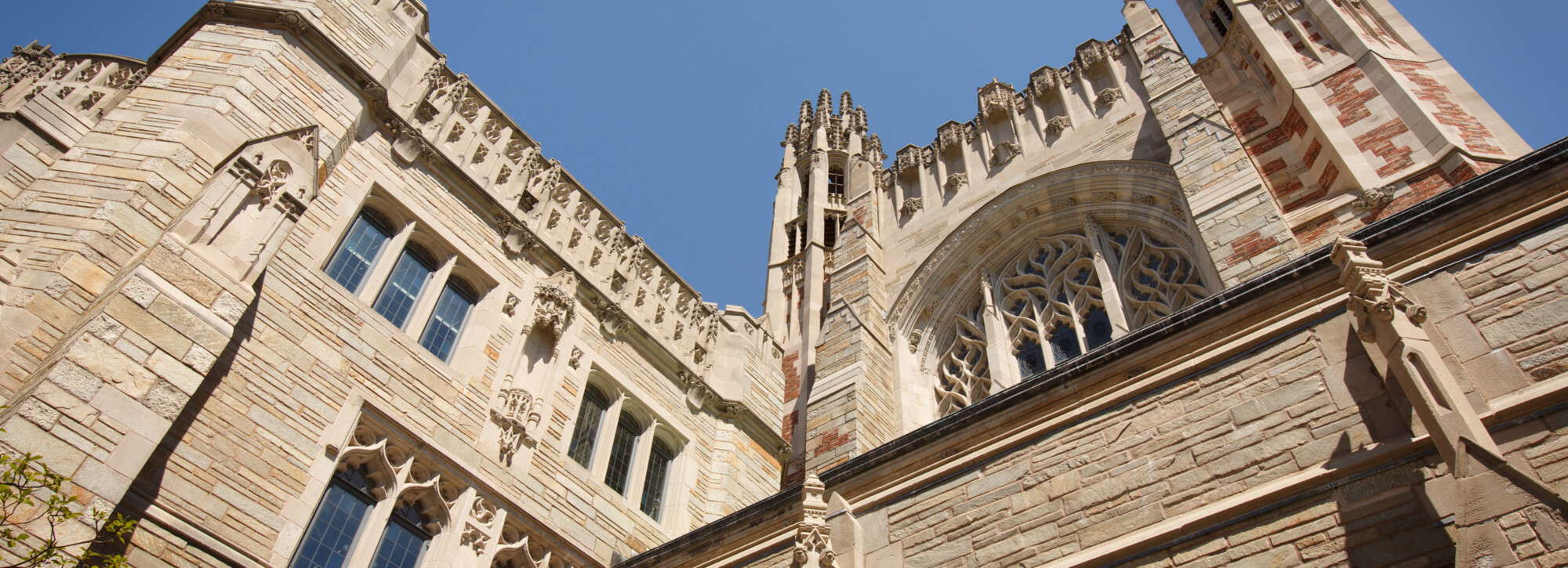Gruber Distinguished Lecturer in Global Justice: Dr. Rev. William J. Barber II
Reverend William J Barber II began his lecture with a short video that covered the range of contemporary social issues Americans, no matter their race, sex, or gender. What brought them together was a common set of injustices and this unity, Reverend Barber stressed, is what his Moral Mondays movement and his organization Repairers of the Breach is hoping to amplify. When the video ended Reverend Barber pointed out the importance of systemic racism and systemic poverty in today’s political climate and he stressed that institutional racism has always been about power. The latest iteration of the struggle over power is evident in racist voter suppression across the United States.
Reverend Barber situated voting rights in historical context, starting with the first Reconstruction Era of America. After the Civil War, strong fusion alliances were formed to change policy and deal with the legacy of slavery. However, by the early 1900s and under the presidency of Woodrow Wilson, Feconstruction was undone and white supremacy was on the rise again. He also covered the Civil Rights era and its eventual wane with the design of the Southern Strategy to drive fear in the South against African American communities. This strategy was eventually even applied to the North and has in recent times reemerged. To put a fine point on it, Reverend Barber intoned, “Overt racism had returned.”
After providing this historical context, Reverend Barber pointed out that systemic racism has never been about what is in one person’s heart. It is about what is in the heart of the policy. To Reverend Barber, this is why Trump’s racism is not something new. The patterns have always been there. The Trump Presidency did not create America’s racial divide - it exploited it. “White supremacy was written into the law before it was justified by racist ideas,” spoke Reverend Barber.
Furthermore, Reverend Barber argued that systemic racism is not just the dislike of black people, but the dislike of democracy. He related theology to voter suppression, arguing that anytime the right to vote is taken away, the person is fundamentally dehumanized. Today, he said, there has been an assault on voting rights in America. Twenty-four states have passed racist voter suppression laws since 2013, in what has been called “surgical racism” by courts themselves. These are the states with the highest levels of poverty have the least amount of LGBTQ protection, the lowest wages, and the highest need for healthcare. With such racist voter suppression, to Reverend Barber, it was no surprise that Donald Trump was elected U.S. President.
Reverend Barber concluded his lecture by arguing that there is no room for us to be moderate anymore. He called for a movement to shift the moral narrative of the nation, to enfranchise people, expand the vote, and hold accountable the intentional racists. Reverend Barber quoted Martin Luther King’s words from the Birmingham Jail: we must fight for a positive peace, the presence of justice, as opposed to a negative peace, the absence of tension. In today’s moral crisis, there is no middle ground.
Reverend Barber’s lecture was live-streamed on February 24, a recording of which will be available soon.
